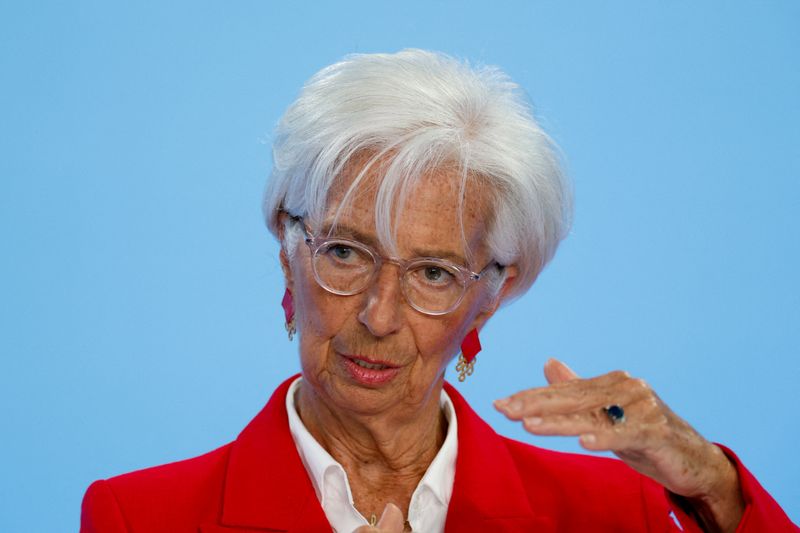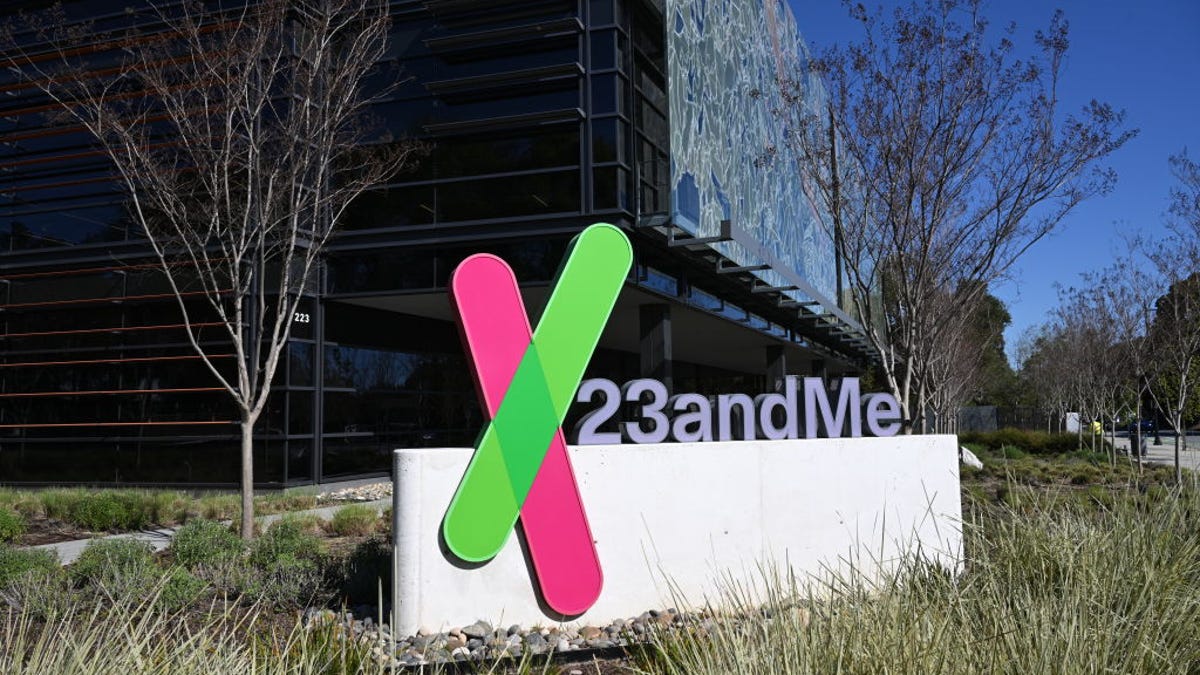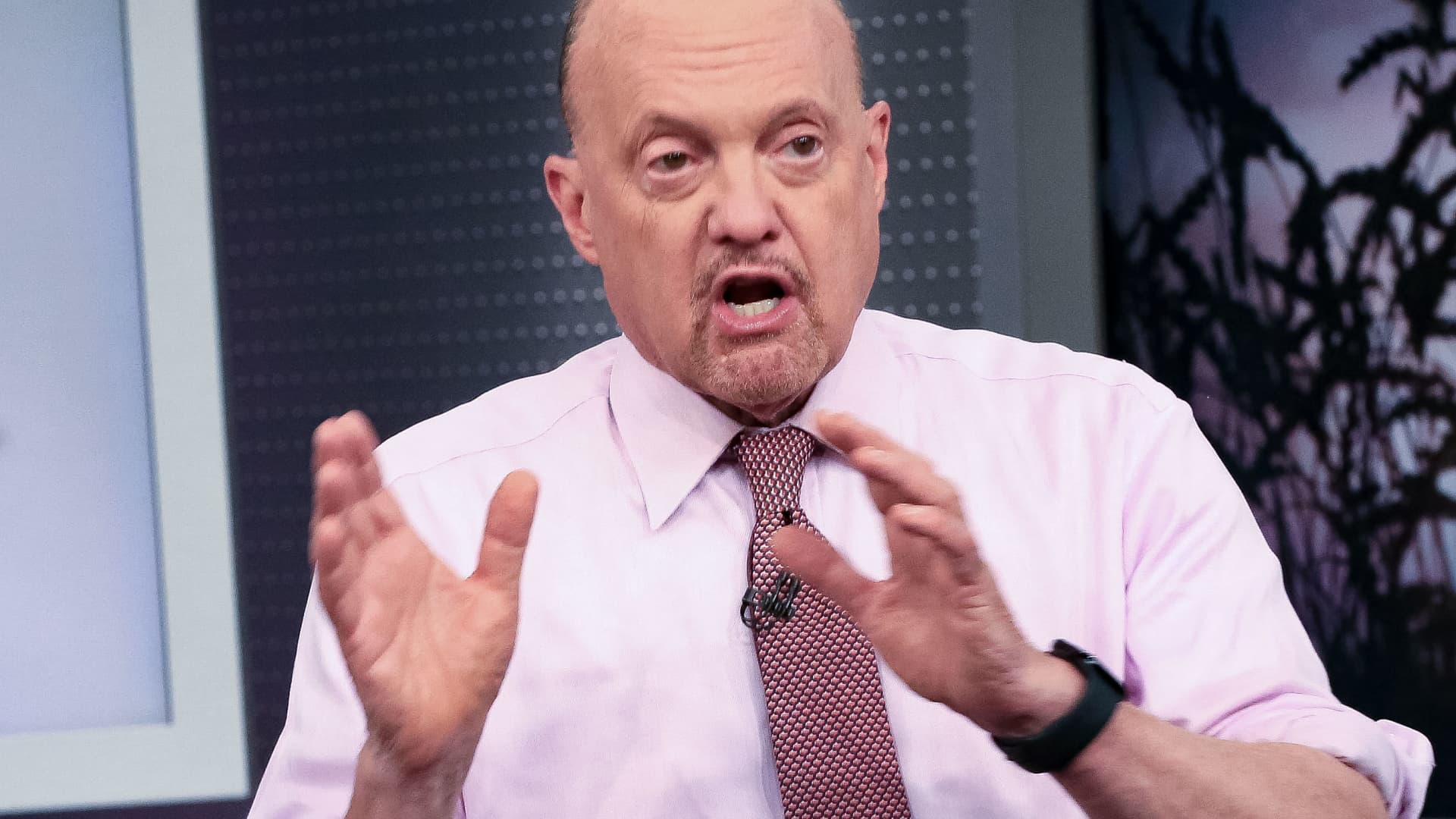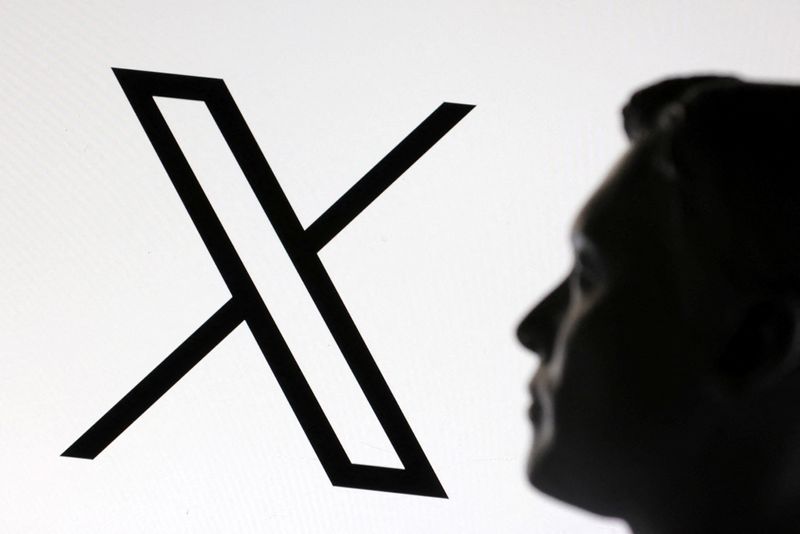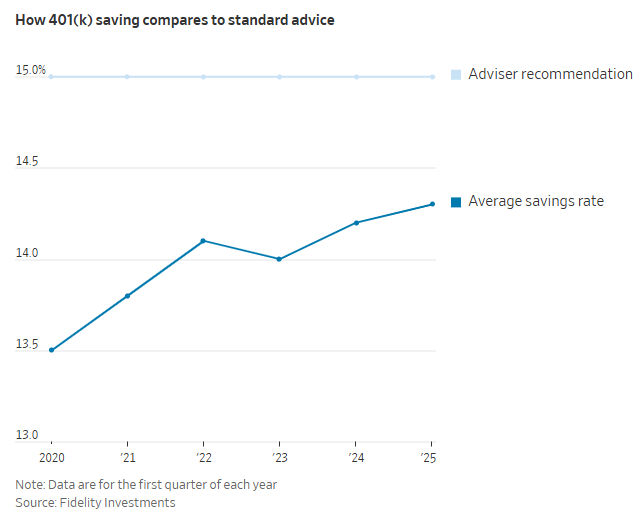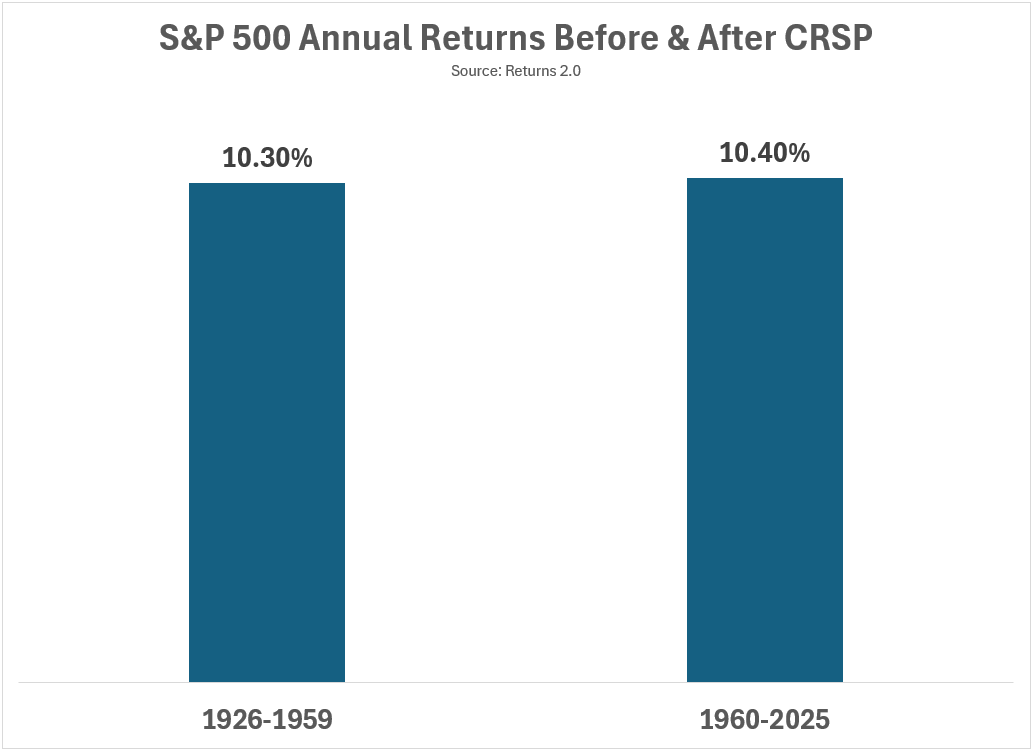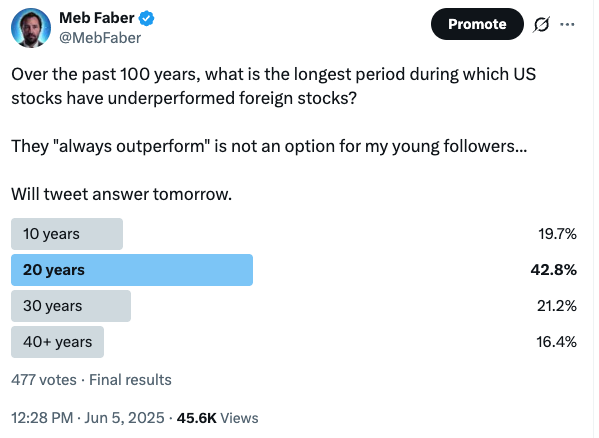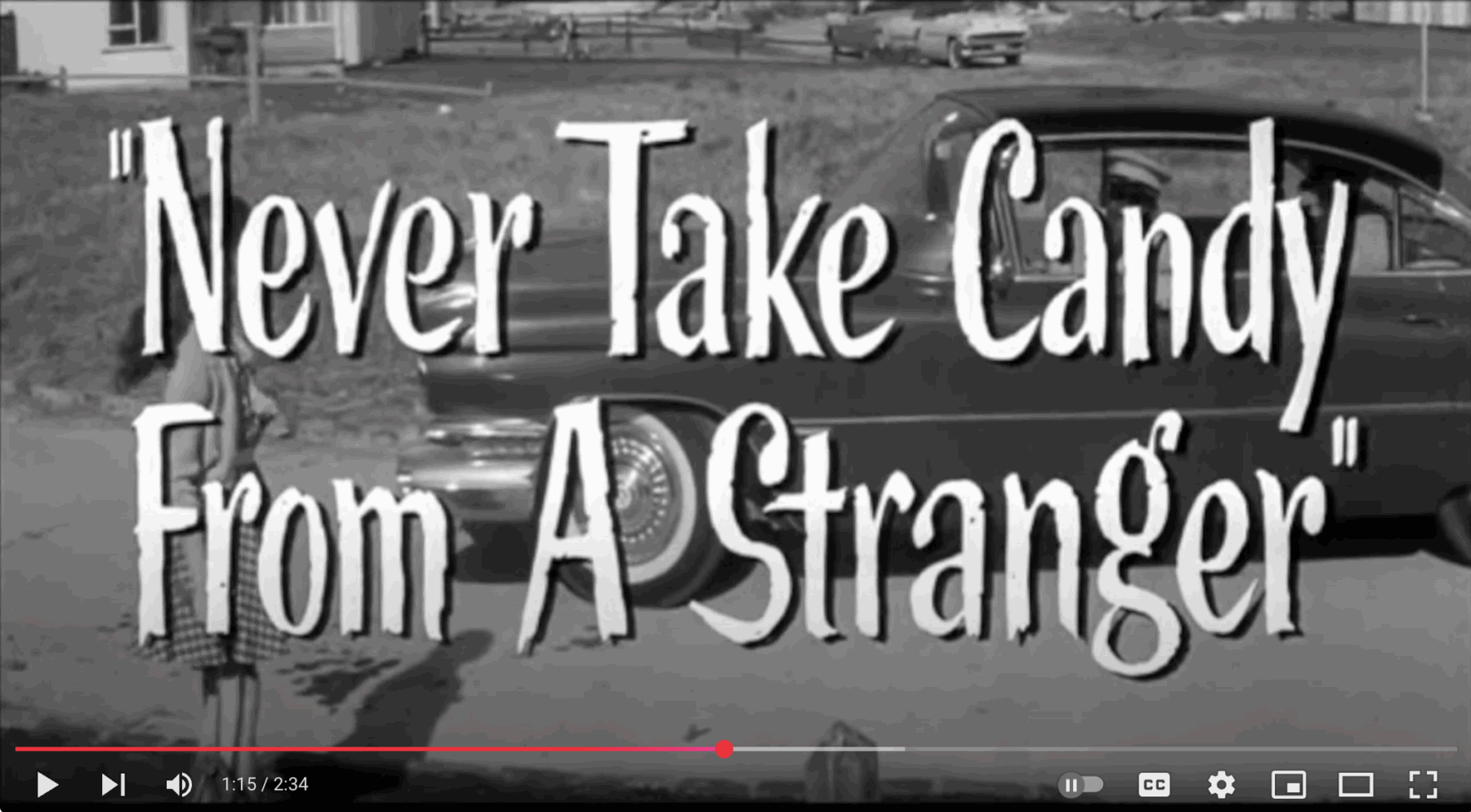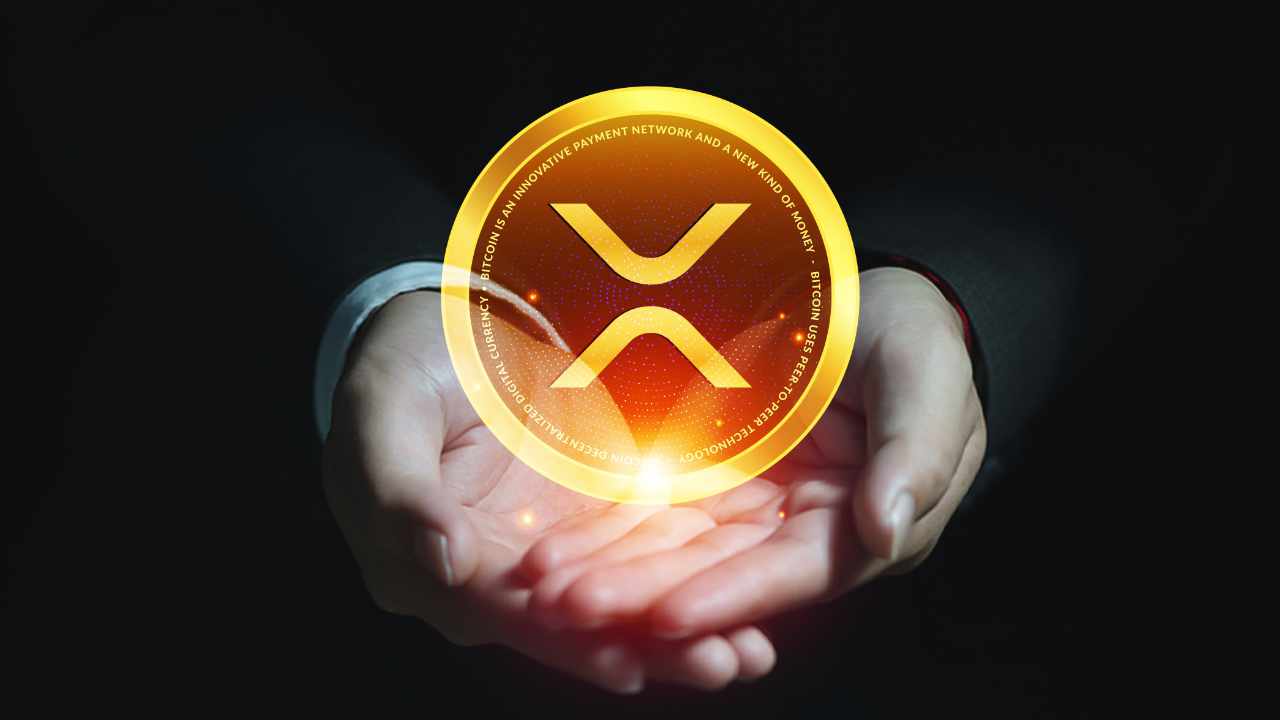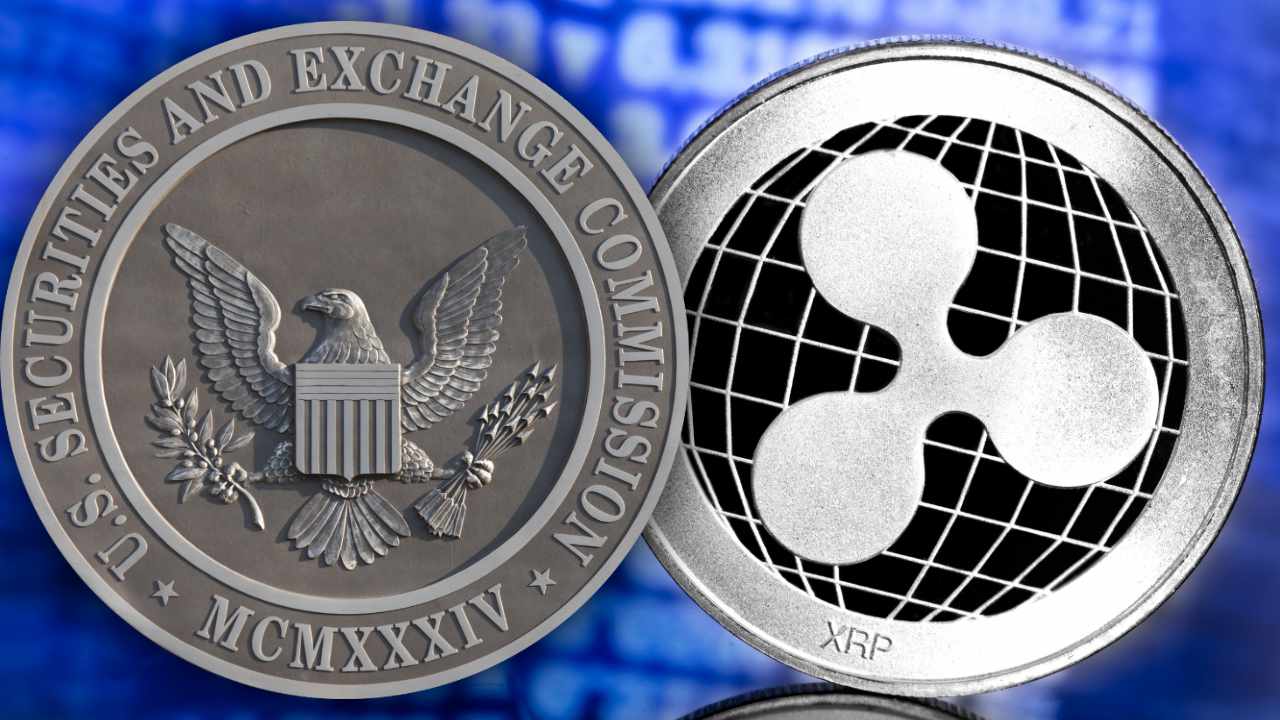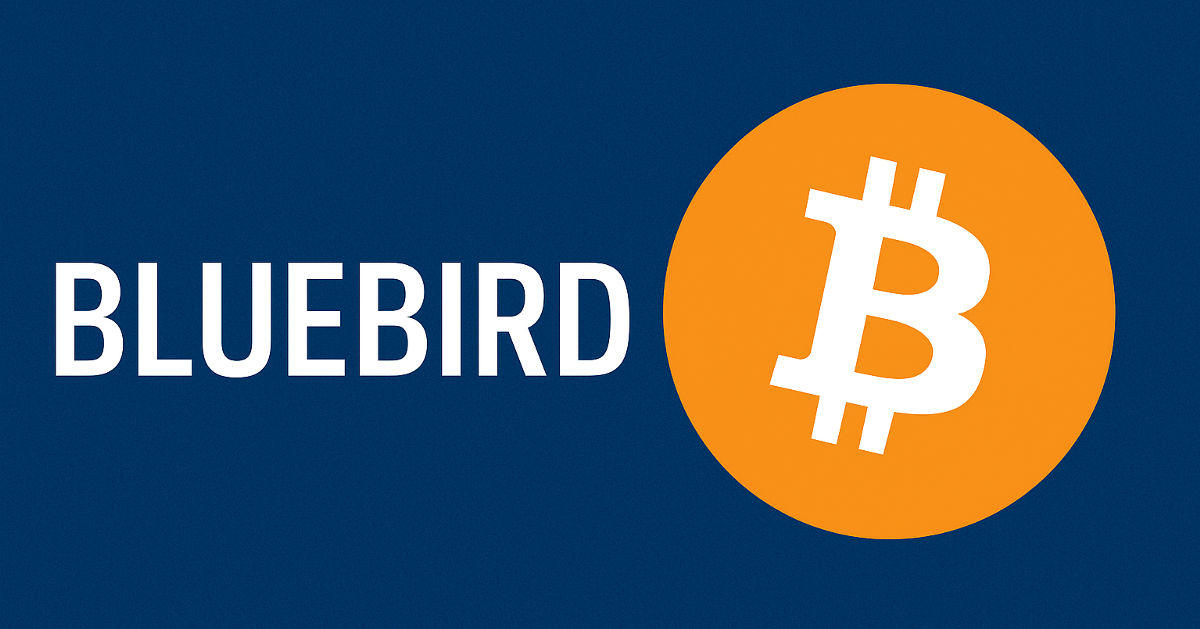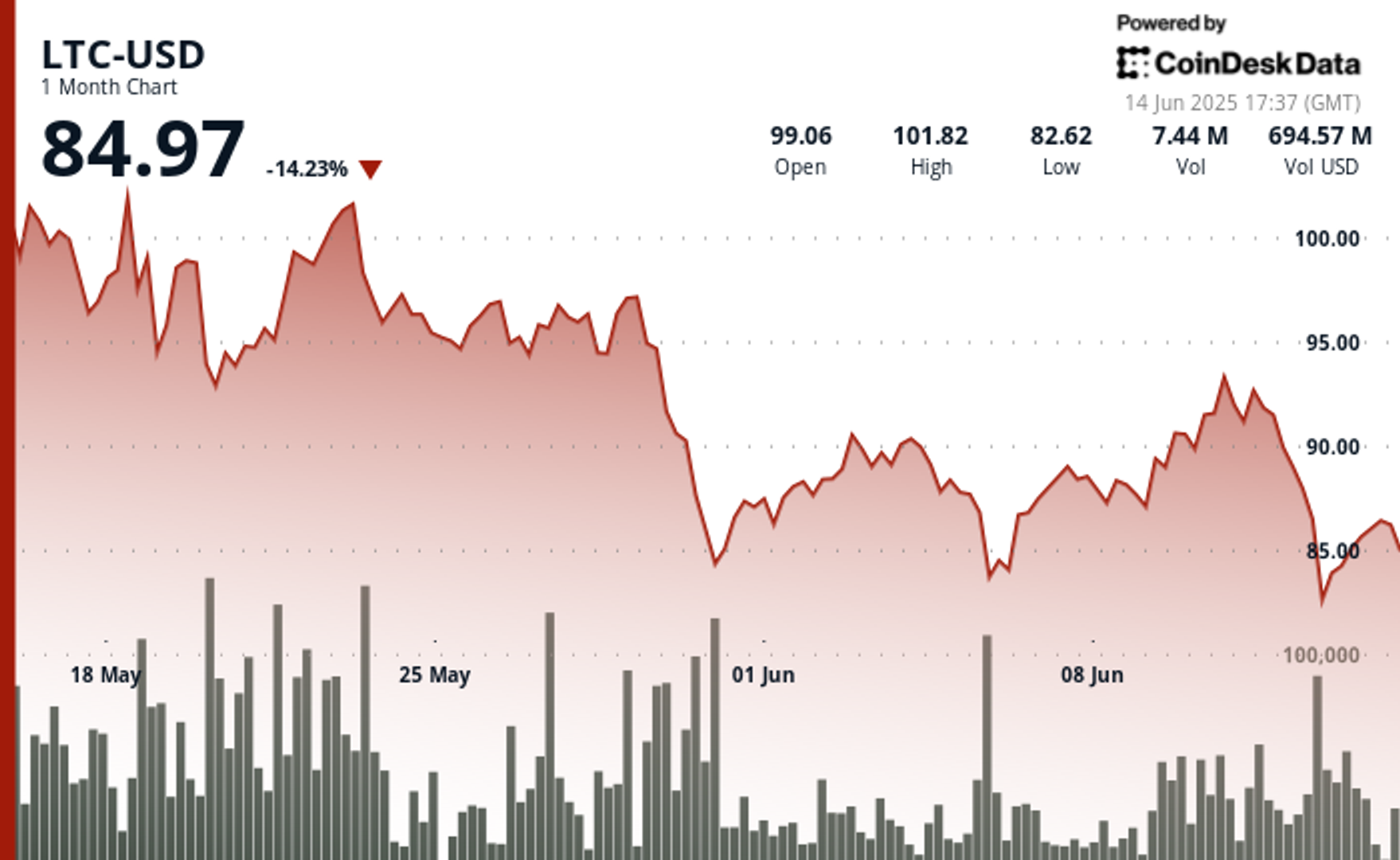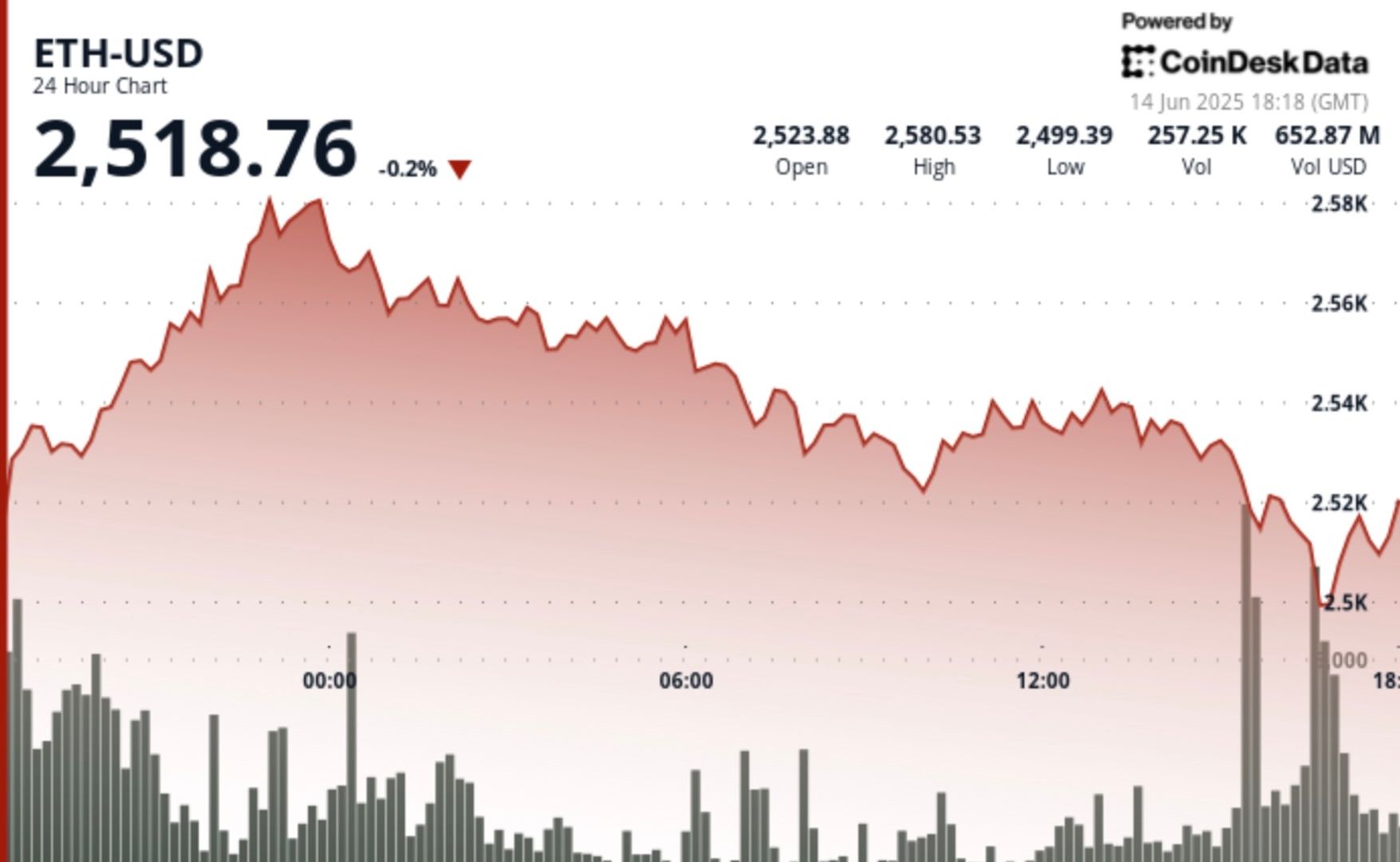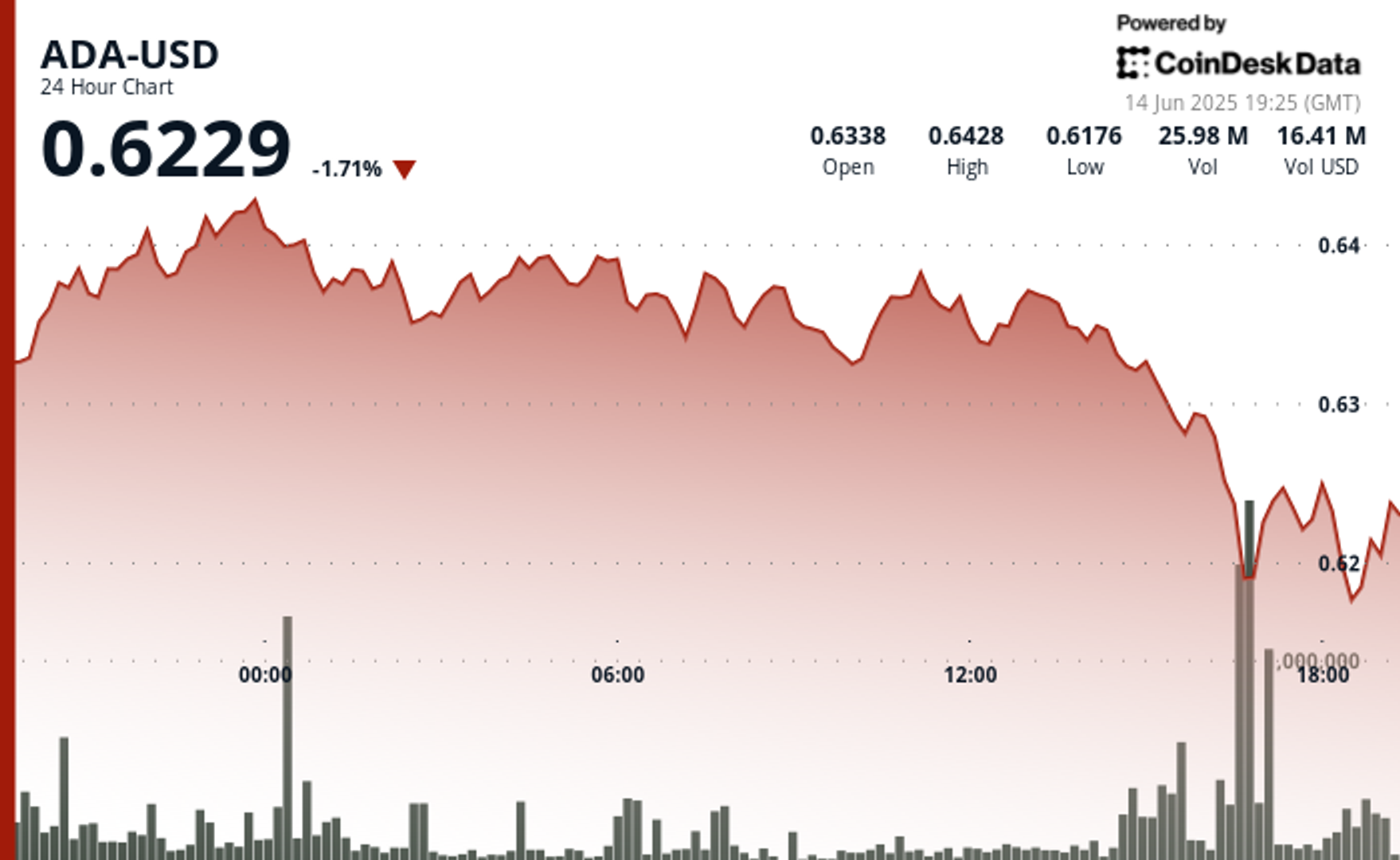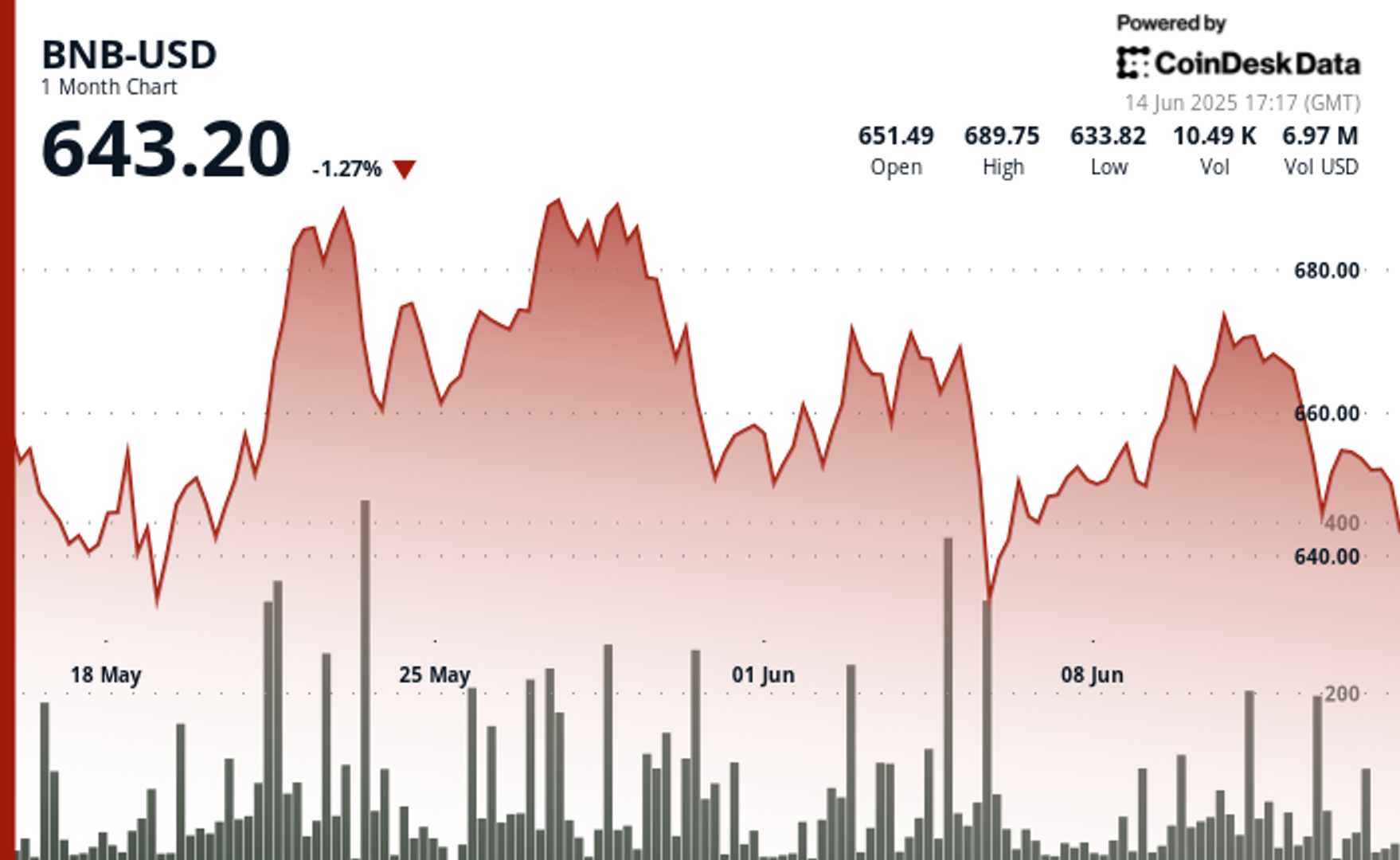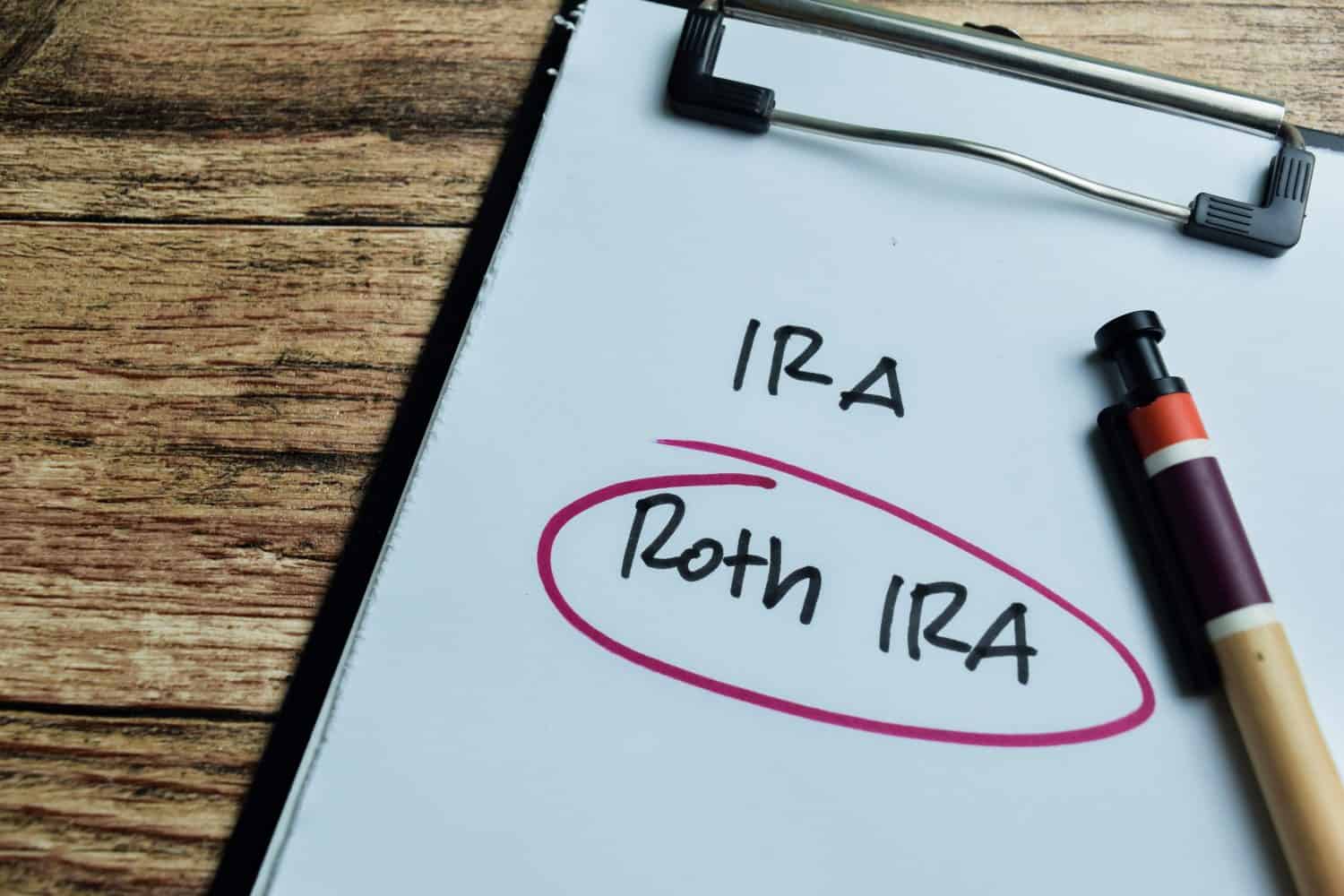Should I prioritize my 401K with a 25% match or go for a Roth IRA at 24 years old?
Navigating the landscape of retirement savings in your 20s can feel like solving a tricky puzzle. That is the dilemma of Reddit member in the subreddit r/personalfinance who found himself at a crossroads. At 24, he is in an enviable position of harnessing the power of compound interest early in his adult life, a dynamic […] The post Should I prioritize my 401K with a 25% match or go for a Roth IRA at 24 years old? appeared first on 24/7 Wall St..

Navigating the landscape of retirement savings in your 20s can feel like solving a tricky puzzle. That is the dilemma of Reddit member in the subreddit r/personalfinance who found himself at a crossroads. At 24, he is in an enviable position of harnessing the power of compound interest early in his adult life, a dynamic in which earnings beget further earnings, leading to extraordinary growth over time.
Nevertheless, the choice between a 401(k) with a generous 25% employer match and a Roth IRA often sparks debate. A balanced approach might lean towards a combined strategy, strategically leveraging the unique benefits of each at the right time of your life. While we encourage this financially savvy individual to consult with a financial professional, we’d also like to offer some perspective.
Key Points
-
It’s never too early to start retirement planning. Even in your 20s, don’t underestimate the power of an employer match and compound interest.
-
As your career advances, you might consider pivoting your strategy to Roth IRAs and other investment vehicles, like the VOO.
-
Are you ahead, or behind on retirement? SmartAsset’s free tool can match you with a financial advisor in minutes to help you answer that today. Each advisor has been carefully vetted, and must act in your best interests. Don’t waste another minute; get started by clicking here.(Sponsor)
Maximizing Contributions
One common theme you’ll hear among the financial pros is the importance of contributing enough to your 401(k) to capture the full employer match. Otherwise, you are basically turning down a boost to your savings. At the very least, it represents a promised return on your investment that few other opportunities can rival.
For instance, if your employer matches up to $10,000 of your contribution, for our Redditor, that translates to an additional $2,500 flowing directly into his retirement fund merely for joining the plan. Over many decades, these added sums have the potential to grow into a life-changing amount.
Beyond the match, a traditional 401(k) provides tax-deferred growth. This means your contributions can reduce your taxable income today, potentially trimming your tax obligations in the near term. Your investments can then continue to grow without the burden of taxation each year, with taxes only becoming due when it comes time to withdrawal funds in retirement. This can be especially appealing if you plan to be in a lower tax bracket during your retired years than you are currently.
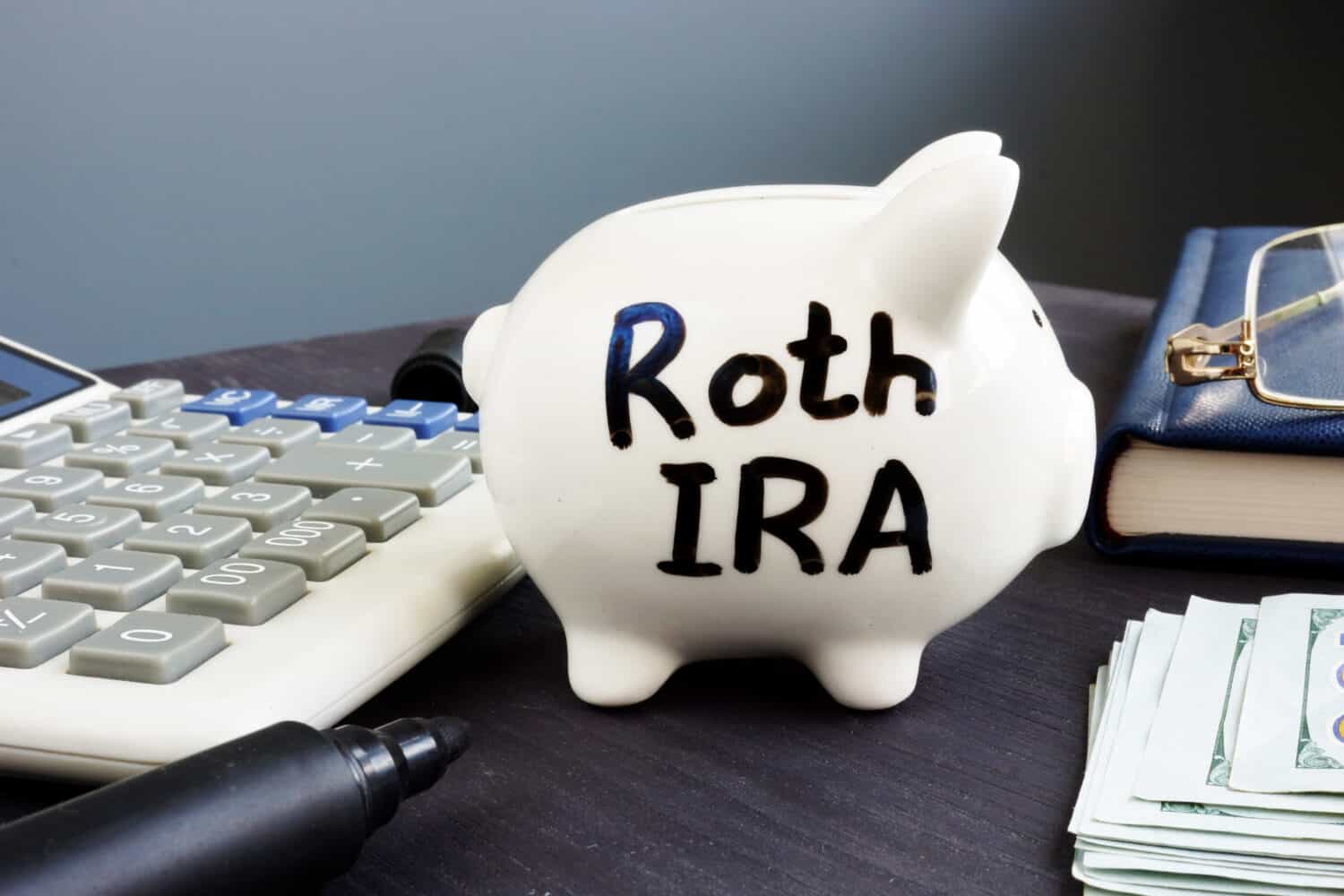
Roth IRA
Once you’ve secured every dollar of that attractive employer match, you can then consider pivoting your strategy to the Roth IRA. For a 24-year-old, the Roth IRA’s allure is apparent: tax-free growth and withdrawals in retirement. You contribute funds that have already been taxed, and in return, every dollar your investments earn, along with your original contributions, can be withdrawn completely tax free once you’re in your golden years.
While it might seem out of reach today, this is a powerful benefit for later in life, particularly for someone early in their career who is likely in a lower tax bracket now than they might be later in life. Setting yourself up for tax-free income down the line can dramatically change your financial outlook. Plus, the Roth IRA has a flexibility that might come in handy in the future. You’re allowed to make withdrawals from your IRA contributions without facing any burdensome taxes or penalties, offering your future self a financial cushion.
Sophisticated Strategy
As your career progresses, a sophisticated strategy worth exploring is the backdoor Roth conversion. A backdoor Roth IRA isn’t a special type of account, but simply a method of moving money from a Traditional IRA — where you didn’t get a tax deduction for it — into a Roth IRA. This strategy allows high-earners to get their money into that desirable Roth IRA, where it can grow and be withdrawn completely tax-free in retirement.
This becomes relevant once you change jobs; you might roll your 401(k) into a Traditional IRA and later convert it into a Roth IRA, potentially bypassing income limits that apply to direct Roth contributions. While tax laws can change over time, tax benefits like the Roth IRA have so far stood the test of time.
Broader Market ETFs
While the Roth route suggests you will belong to higher future tax brackets, there’s no crystal ball. However, there’s no need to pigeon hole yourself into a single investment vehicle, either. Based on the historical performance of the broader U.S. stock market, if you steadily invest, say, $4,000 initially and then $1,000 monthly for the next 30 years into an S&P 500 ETF, such as the VOO, you could accumulate a cool $2 million.
Retirement savings of that size could certainly catapult you into a higher tax bracket, making the tax-free nature of Roth withdrawals even more meaningful. An additional benefit of Roth savings is that they aren’t subject to Required Minimum Distributions (RMDs), unlike Traditional IRAs, putting you in the driver’s seat over your income stream in your golden years.
While you are still a far way from retirement, it is never too soon to start planning. Starting where you are today – with a dependable employer match to your retirement savings – is a formidable first step. Then, cross the next bridge when the time comes. Your decisions will be influenced by factors such as your budget, future earnings, additional savings, etc. You’ll find that retirement planning is a journey, one that will likely revisit many times over as your situation evolves.
The post Should I prioritize my 401K with a 25% match or go for a Roth IRA at 24 years old? appeared first on 24/7 Wall St..


